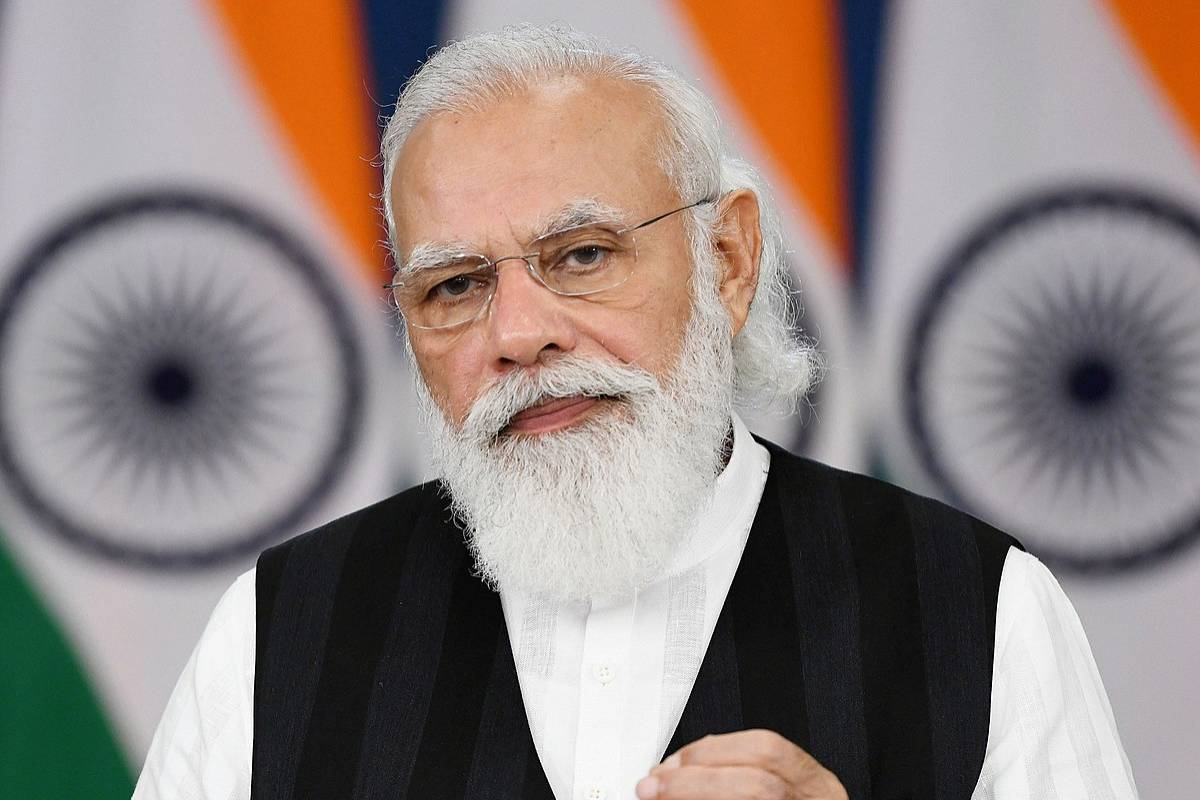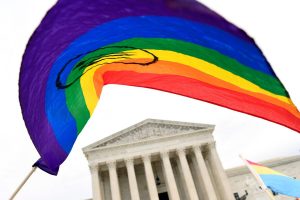Unveiling the logo, theme, and website of India’s G-20 Presidency via video conferencing, Prime Minister Narendra Modi said here on Tuesday that it was India’s endeavour to see that there was no first world or third world in the world, but only one world.
India’s vision was to bring the whole world together for a better future, he said while addressing a gathering on the occasion and gave the example of ”One Sun, One World, One Grid” which has been New Delhi’s clarion call for a revolution in the world of renewable energy, and the global health campaign of ”One Earth, One Health”.
Advertisement
Speaking about the G-20 ‘mantra’ of ”One Earth, One Family, One Future”, the PM said: “It is these thoughts and values of India that pave the way for the welfare of the world.”
Noting that from 1 December, India would preside over the G-20, he said the grouping’s Presidency was a historic opportunity for the country. G-20, he noted, was the premier forum for international economic cooperation representing around 85 per cent of the global GDP, over 75 per cent of the worldwide trade, and about two-thirds of the world population.
Modi, however, noted that India’s G-20 Presidency of the grouping was coming at a time of crisis and chaos. The world was dealing with the aftereffects of a disruptive once-in-a-century global pandemic, conflicts, and economic uncertainty. “The lotus in the logo of G-20 is a symbol of hope in such tough times,” he said.
The PM remarked that even if the world was in a deep crisis, It could still be made a better place. The lotus in the logo of G-20 was a symbol of hope in such tough times,” he said, adding that the grouping aimed to bring the world together in harmony while respecting diversity.
Remarking that the G-20 logo was not just any logo, the PM said it was a message, a feeling that ran in India’s veins.“It is a resolve that has been omnipresent in our thoughts through ‘Vasudhaiva Kutumbakam’,” he added.
Modi observed that there was an unprecedented curiosity in the world today to know and understand India. ”Today India is being studied in a new light. Our current successes are being assessed and unprecedented hopes are being expressed about our future”, he added.
In such an atmosphere, it was the responsibility of the citizens to go beyond these expectations and acquaint the world with India’s capabilities, philosophy, and social and intellectual strength, he said. “We have to unite everyone and energise them for their responsibility towards the world,” he added.
Noting that it has taken India thousands of years to reach where it was, Modi said; ”We have seen highs of prosperity and also the darkest phase in global history. India has reached here along with the history of many invaders and their tyranny. Those experiences are the biggest strength in India’s development journey today.”
The PM said that after independence, India started a big journey starting from zero, aiming for the top. This included the efforts of all the governments in the last 75 years. All the governments and citizens together in their own way tried to take India forward. ”We have to move forward with this spirit today with a new energy taking the whole world along,” he said.
The PM underlined a key lesson of India’s culture. “When we strive for our progress, we also envision global progress,” he said. He also dwelled on the democratic heritage of Indian civilisation. He pointed out “India is such a rich and living democracy of the world. We have the values and a proud tradition in the form of the mother of democracy. India has as much uniqueness as it has diversity. “Democracy, diversity, indigenous approach, inclusive thinking, local lifestyle and global thoughts, today the world is seeing solutions to all its challenges in these ideas”, he said. The PM said that many of India’s achievements could be used by other countries of the world.











